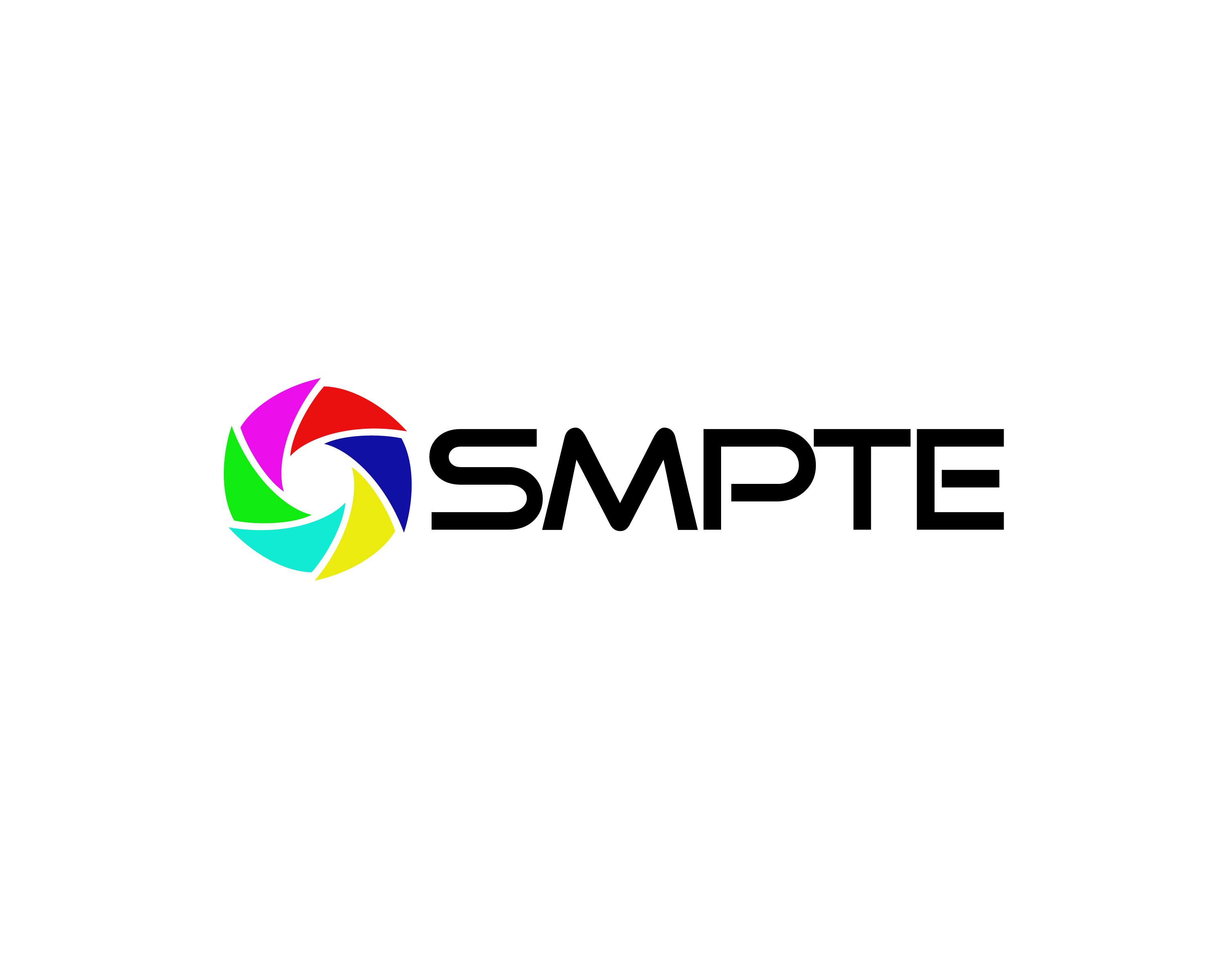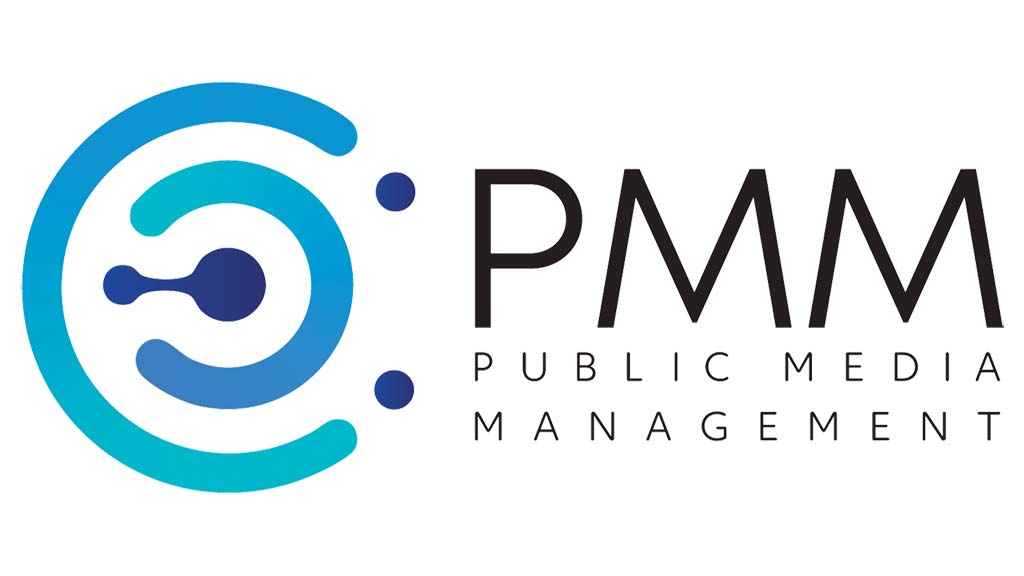SMPTE Outlines New Virtual Production Initiative
The new On Set Virtual Production initiative is part of an effort to speed up SMPTE work on new technologies

NEW YORK—In response to requests from members to speed up its work on new technologies, SMPTE has launched a new initiative, the Rapid Industry Solution (RIS) and laid out plans to provide guidance and educational materials that will provide ways to improve and simplify virtual productions.
The initiatives were laid out in a recent webinar where SMPTE explained how it will speed up the pace of innovation with the RIS initiative and introduced an advisory panel that will be working on it’s new On Set Virtual Production initiative.
During the webinar, the panel highlighted a host of issues that the industry is grappling with as virtual production is more widely used.
These included such issues as interoperability for virtual production technologies, workflows, best practices, developing a unifying common language, artificial intelligence, augmented reality, using higher quality video and audio in virtual productions, the need for better training and the involvement of universities, both in terms of training students and in conducting research.
SMPTE president Hans Hoffman and head of media fundamentals and production at the European Broadcasting Union noted that SMPTE members had been telling the organization that it needed to find ways to speed up the pace of its work on new technologies. The new Rapid Industry Solution initiative addresses those concerns by enabling “us to be more agile and faster, delivering value to the industry at a much faster scale than with the work we've done in the past,” Hoffman said.
The organization chose virtual production as its first RIS effort because the volume of virtual production has exploded and because virtual production was at a point in its development where work on such issues as interoperability, workflows and best practices would provide an immediate benefit to its members and the industry.
“It's kind of the wild west out there and if you look at virtual production, everybody's driving, or using a different type of transportation, from as simple as a bicycle to as advanced as a space shuttle,” explained Kari Grubin, a consultant and a long-time media and entertainment executive who presented a detailed outline of the RIS and virtual production initiatives.
The professional video industry's #1 source for news, trends and product and tech information. Sign up below.
Grubin said that SMPTE’s “role is not to design these vehicles but to really provide the recommendations and the rules of the road to accommodate whatever vehicles the creative community” chooses to use.
One major challenge is interoperability. “The file formats don't translate across all platforms, there's over 300 file formats and game engines combined,” Grubin said. “More than half of those are proprietary, so they don't necessarily move very easily between system to system.”
In terms of the timeline for the effort, Grubin explained that in 2021, they were going to bring in a project manager, and establish the advisory group. Some of the advisors were introduced during the webinar; SMPTE is in the process of recruiting others.
They are also working on operational structure and are reaching out to industry players and groups to cross-promote the effort at conferences like IBC.
“The advisory group is going to start to understand what needs to be tackled so that in the full year 2022 we can start to work,” she explained, with plans to “push out recommendations by the end of 2022 or sooner.”
They will also “look at all the educational information that is there,” and make the results, such as an interoperability guideline database, available.
Grubin stressed that SMPTE chose virtual production because it was an area that could benefit from SMPTE’s expertise and because the timing was right.
“The time to do this is now, because the ecosystem is very much in technical and creative flux,” she explained. “It's early enough that we can watch for new developments,” and at the same time, “take areas that are approaching maturity” to develop a standard or best practices in certain areas that can be more widely used in virtual production.
SMPTE announced that the first members of the advisory board are:
Raed Al Tikriti, chief product officer at Disguise
Wyatt Bartel, executive vice president of production at Lux Machina
Des Carey, head of cinematic innovation at Samsung Research America
Chris Swiatek, co-founder and chief of product at ICVR
Pat Griffis, vice president of technology, Dolby Laboratories
Chaitanya Chinchlikar, vice president, business head, CTO and head of emerging markets at Whistling Woods International
David Long, director of MAGIC Center/MAGIC Spell Studios and a professor at Rochester Institute of Technology
Richard Welsh, governor at large of SMPTE Board
Looking forward, Raed Al Tikriti, chief product officer at Disguise, noted that “we see significant growth in this space given all the benefits that virtual production has to offer." But as it becomes more widely used, the content being produced “is getting bigger and more demanding” with higher resolution video formats and improved audio systems, he said.
That is causing people to push the envelope with new technologies and makes “the ability to collaborate to create content increasingly important,” he said.
This also highlights “the need for interoperability between content creation tools,” he added.
Des Carey, head of cinematic innovation at Samsung Research America noted that “COVID has been brutal for everybody but on a positive side...I think it's been a very innovative time.”
Over the next three years, Carey added that Samsung is “taking everything we know from post production, from theatrical exhibition, from home displays and bringing [that knowledge] into virtual production” to achieve more consistency.
Chris Swiatek, co-founder and chief of product at ICVR agreed. “I think we're really going to see the formation of a more standardized content pipeline between real time engines and stages, and especially taking those assets all the way through to post VFX,” he said. “Doing that...without loss of visual fidelity or metadata...is going to be really important.”
Swiatek also stressed that “blending real and virtual environments seamlessly” will become more important as LED wall virtual production becomes more widely adopted.
Richard Welsh, governor at large of SMPTE Board added that augmented reality will become more important because it can reduce the cost of productions and at the same time cut travel, which will reduce carbon footprints. “That is a really big focus of all the studios,” Welsh said.
These trends will also speed up productions because they will involve less travel. “It will certainly get us much faster content delivery [and give]...indie filmmakers the opportunity to open up the boundaries of what they're doing in terms of the environments they can film.”
Chaitanya Chinchlikar, vice president, business head, CTO and head of emerging markets at Whistling Woods International noted that from an academic perspective the effort would help them educate students in new technology and participate in “technology research that's going to benefit the industry.”
The full webinar is available here.
George Winslow is the senior content producer for TV Tech. He has written about the television, media and technology industries for nearly 30 years for such publications as Broadcasting & Cable, Multichannel News and TV Tech. Over the years, he has edited a number of magazines, including Multichannel News International and World Screen, and moderated panels at such major industry events as NAB and MIP TV. He has published two books and dozens of encyclopedia articles on such subjects as the media, New York City history and economics.

